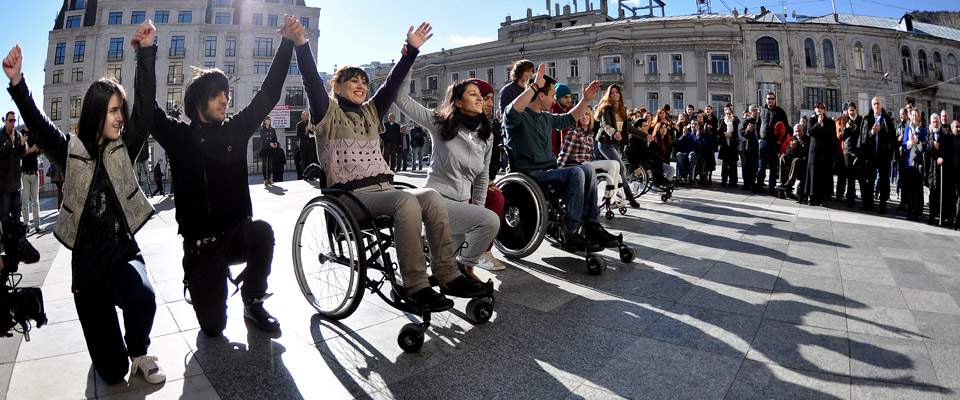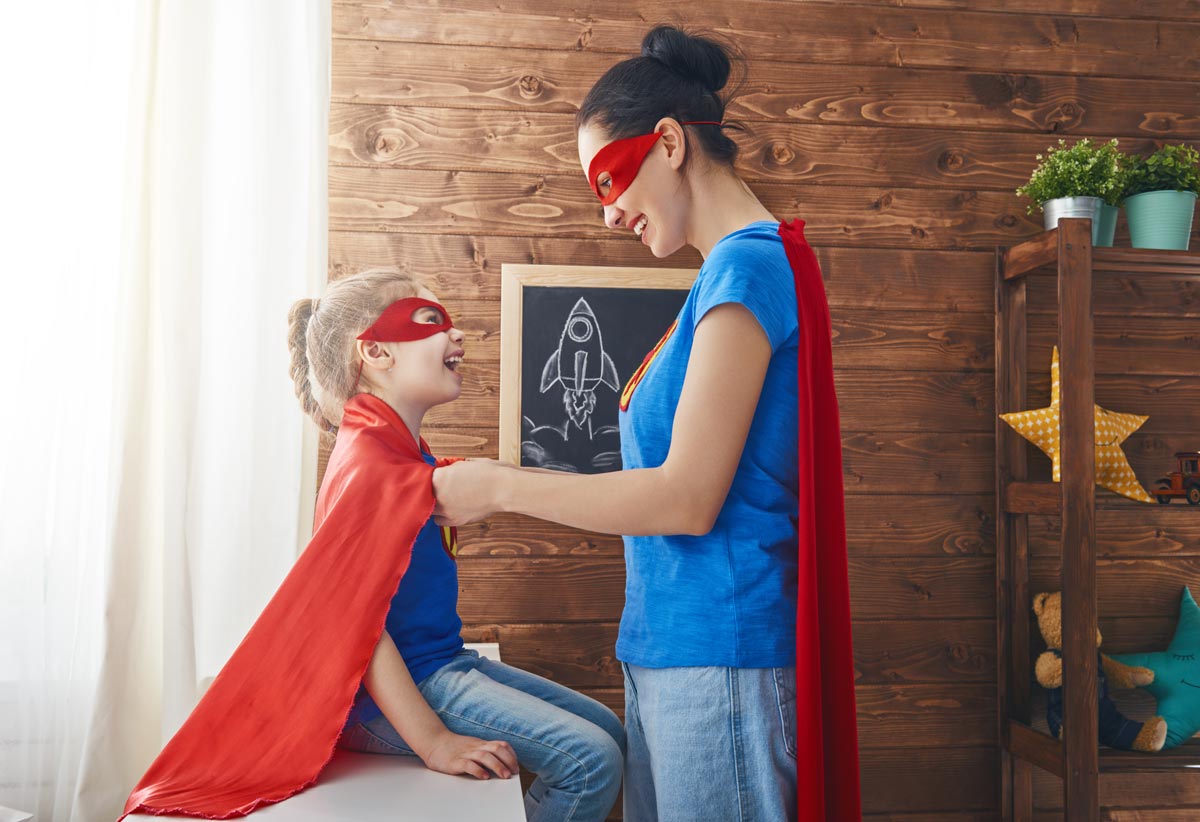
It was about 45 years ago, the first time I met someone with a disability.
As a young girl I would travel every summer with my mother to Winnipeg, Manitoba. My mom lived there for most of her life so each year we made a trip to see family and friends.
During our stay, it was customary for us to visit to the mother and sister of her dear friend, Chris.
I had no expectations for the first time that I would meet the two ladies. I knew that my mom looked forward to seeing them. They were very important to her.
We got off the bus and walked through a neighbourhood filled with lots of trees and small homes.
The first person whom I met was Chris’ mother. She was a tiny, soft spoken, older woman who welcomed us at her front door. Her demeanor was serious, yet kind.
Chris’ sister was waiting for us in the living room. She embraced us with a huge smile and open arms. She was obviously happy to see us and immediately engaged in “what’s new” and “how are things” conversation. My first impression was that I really liked her. She was a friendly and warm hearted. I could tell that she also looked forward to our visit.
It wasn’t until my mom asked her how she was feeling that I took notice that Olga was sitting in a wheelchair and that her fingers joints were swollen and her fingers were crooked. Olga had rheumatoid arthritis. It happened when she was a young, 20-year-old girl who was about to start a career and possibly get married. All of that stopped when she became ill.
She was such a nice person and it was unfortunate that this had happened. The good news was that she lived with her mother and was close to family and friends. A nurse would come every day to assist. I could tell that she was saddened by her situation and that she was lonely. She wished that she could work and do things outside of the house. I remember thinking that this was unfair and that she should have more in her life.
As a young child, I didn’t realize how these visits would influence my values and beliefs toward people.
The neighbourhood that we visited was slightly impoverished. Homes were small and the residents were far from affluent.
This didn’t matter.
We weren’t going to visit people who lived in a poor neighbourhood and who were disabled. We were going to visit friends.
I think about this experience and realize how fortunate I was to have a mother who valued all people, regardless of their age, socio-economic status or ability.
My mother taught me that people are people. Period. That is the foundation for inclusion.







Get Social